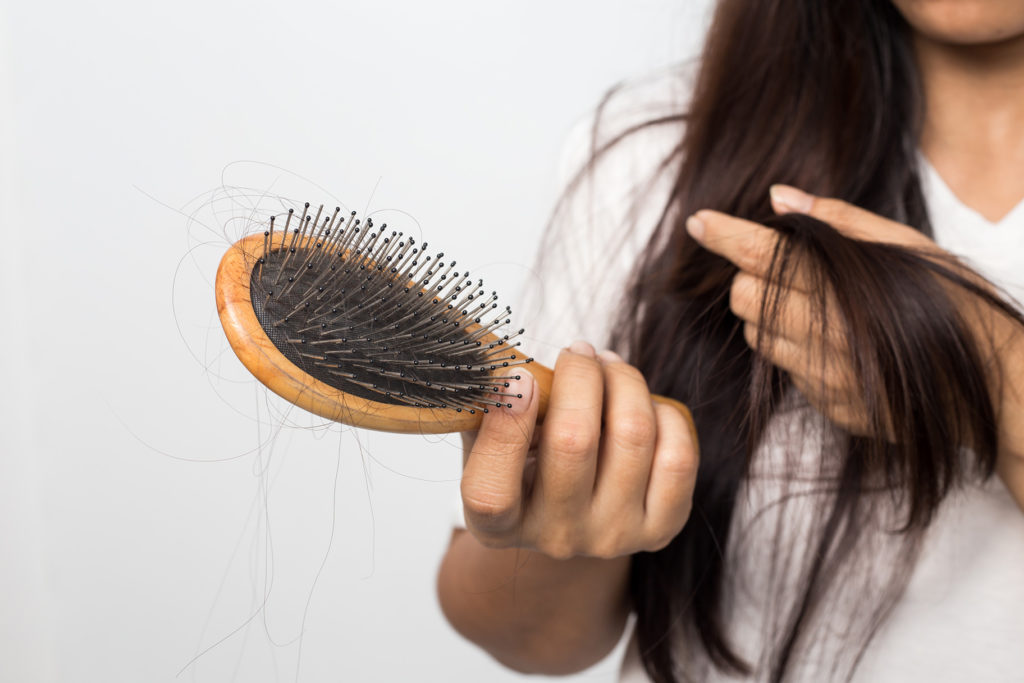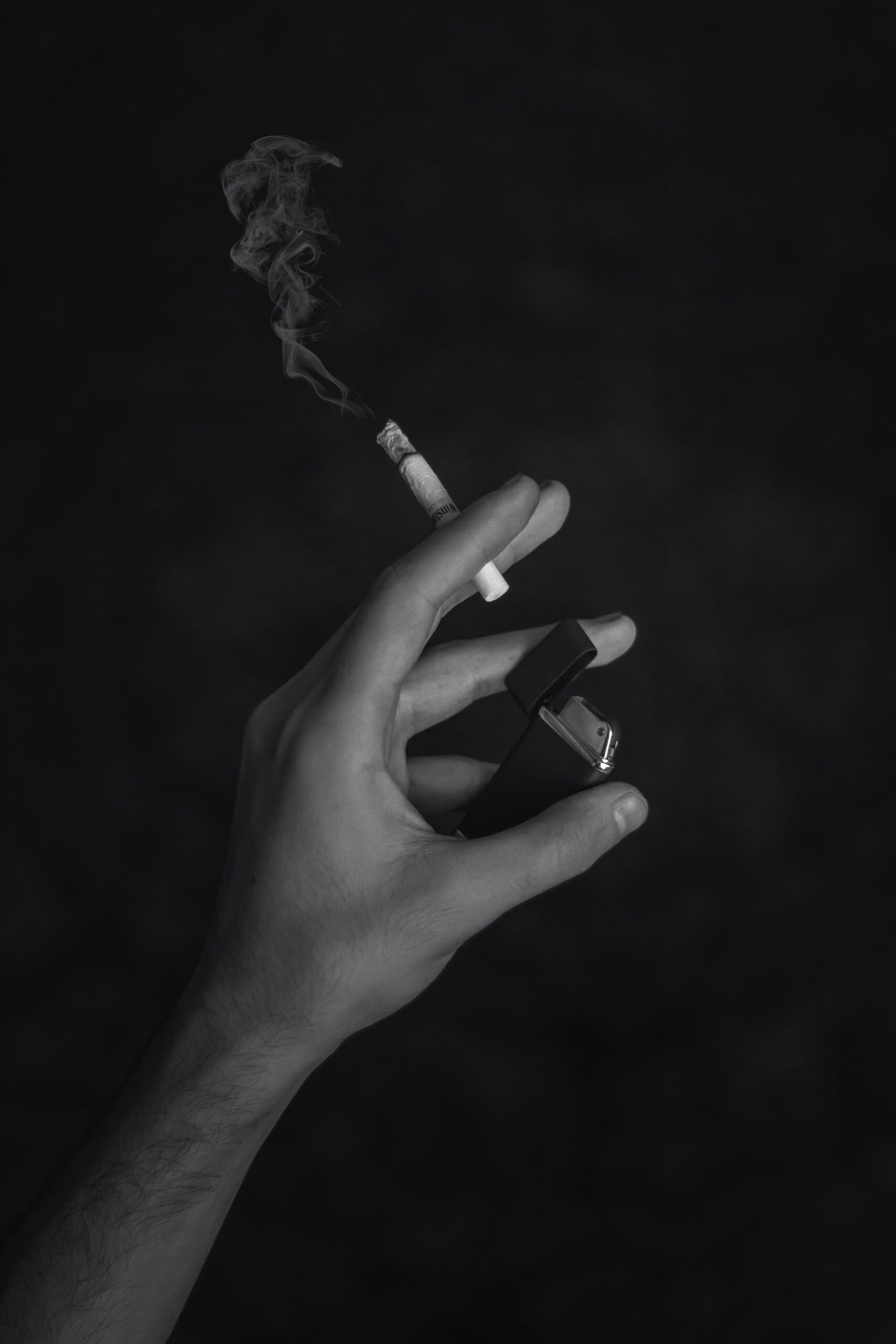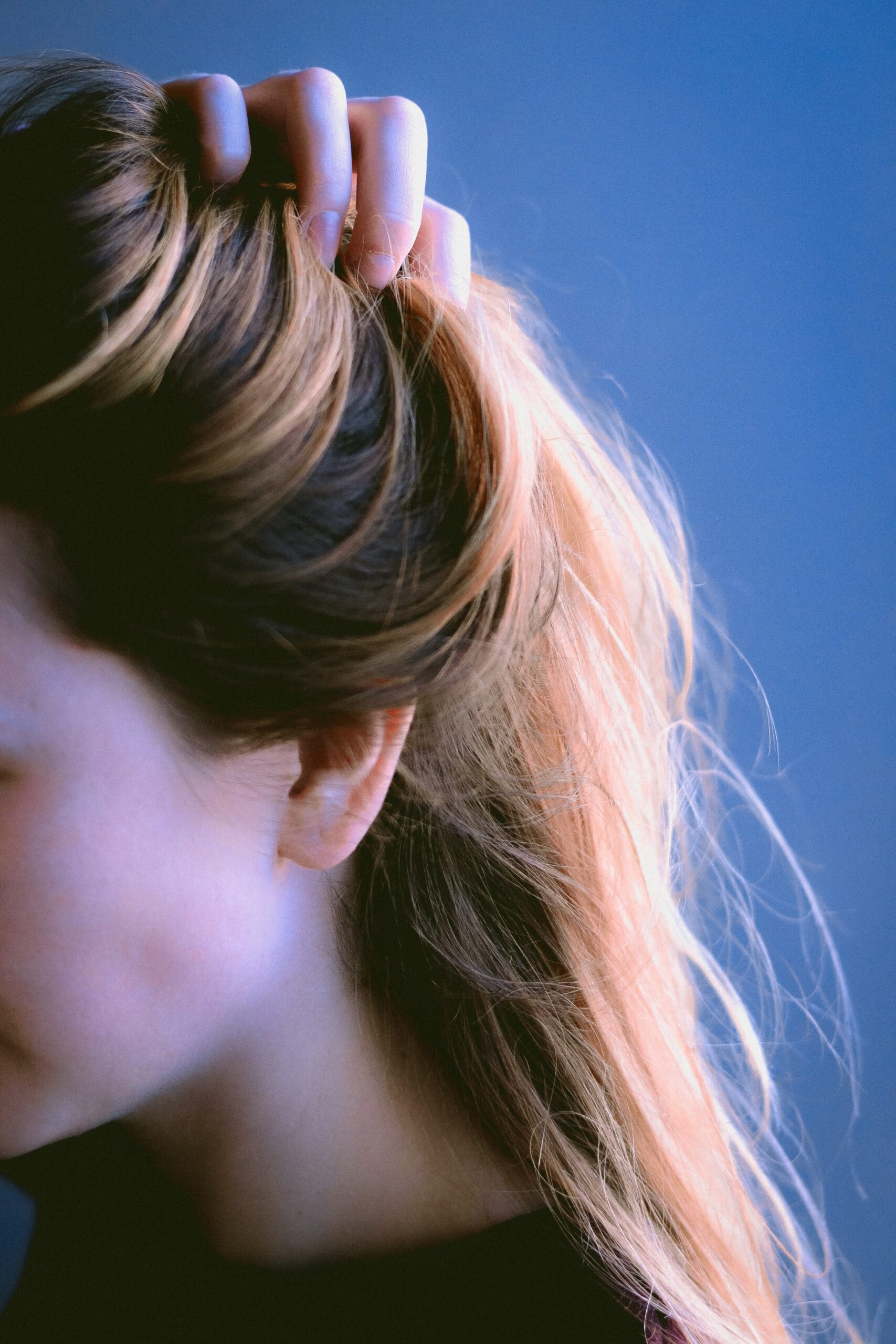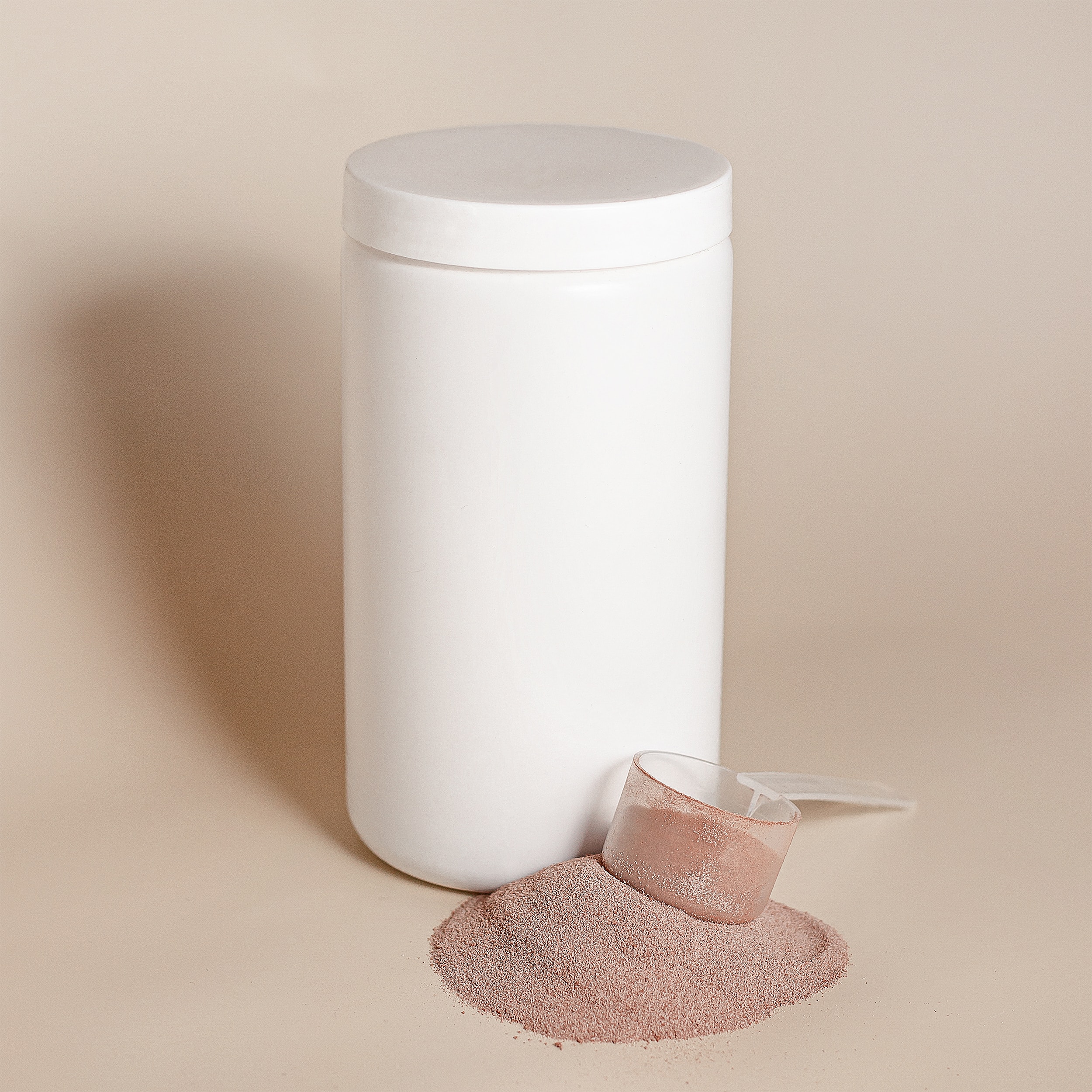
Menopausal hair loss: what you need to know
31st January 2020
Recently, American actress and TV presenter Ricki Lake opened up about her hair loss, revealing that a combination of yo-yo dieting, stress and styling damage over the years had taken its toll. It’s an issue that many women can relate to, but few feel comfortable talking about.
Losing some hair volume is a natural part of the ageing process, but for women who have approached menopause, it can come as a shock when they notice the change in their hair. Some women experience it as all-over hair loss, whilst others notice thinning around the front or the crown of the head.
Menopause causes oestrogen levels to drop, and as oestrogen is a hair-friendly hormone that helps to keep hair in the ‘growing’ phase, the decreased levels mean that the hair grows more slowly and becomes thinner.
The drop in oestrogen can also mean the effects of androgens – male hormones – can increase. These hormones shrink hair follicles, making them produce increasingly more fragile hairs and eventually none at all.
Hormones may be the biggest factor in menopausal hair loss, but for some women contributing factors such as stress, genetic predisposition or nutritional deficiencies can also make shedding worse. Other medical conditions such as hyperthyroidism or hypothyroidism can also cause hair loss, so it’s always worth visiting a GP to check your overall health.
Many women find losing their hair to be incredibly distressing, but there are ways to manage it. Eating a healthy, balanced diet is crucial at every age, so make sure you’re eating plenty of whole grains, good fats and vegetables.
Keeping your stress levels in check can also help to balance your hormone levels – stress can raise androgen levels in the body, so find something that helps you relax. Many women find yoga, breathing exercises and keeping active can be particularly effective.
There are also a range of treatments available that can help combat menopausal hair loss. Non-surgical solutions such as Low-Level Laser Therapy, where the scalp is bathed in light to encourage cells to produce more protein, can work nicely on thinning hair. Platelet Rich Plasma therapy, which involves a patient’s blood being re-injected into their scalp to stimulate growth, is also a popular treatment.
Thankfully, many women do find that the shedding will gradually slow down, but if you’re looking for a permanent solution to thinning hair, transplants can be very effective.
If menopausal hair loss is getting you down, why not get in touch to find out how we can help?


